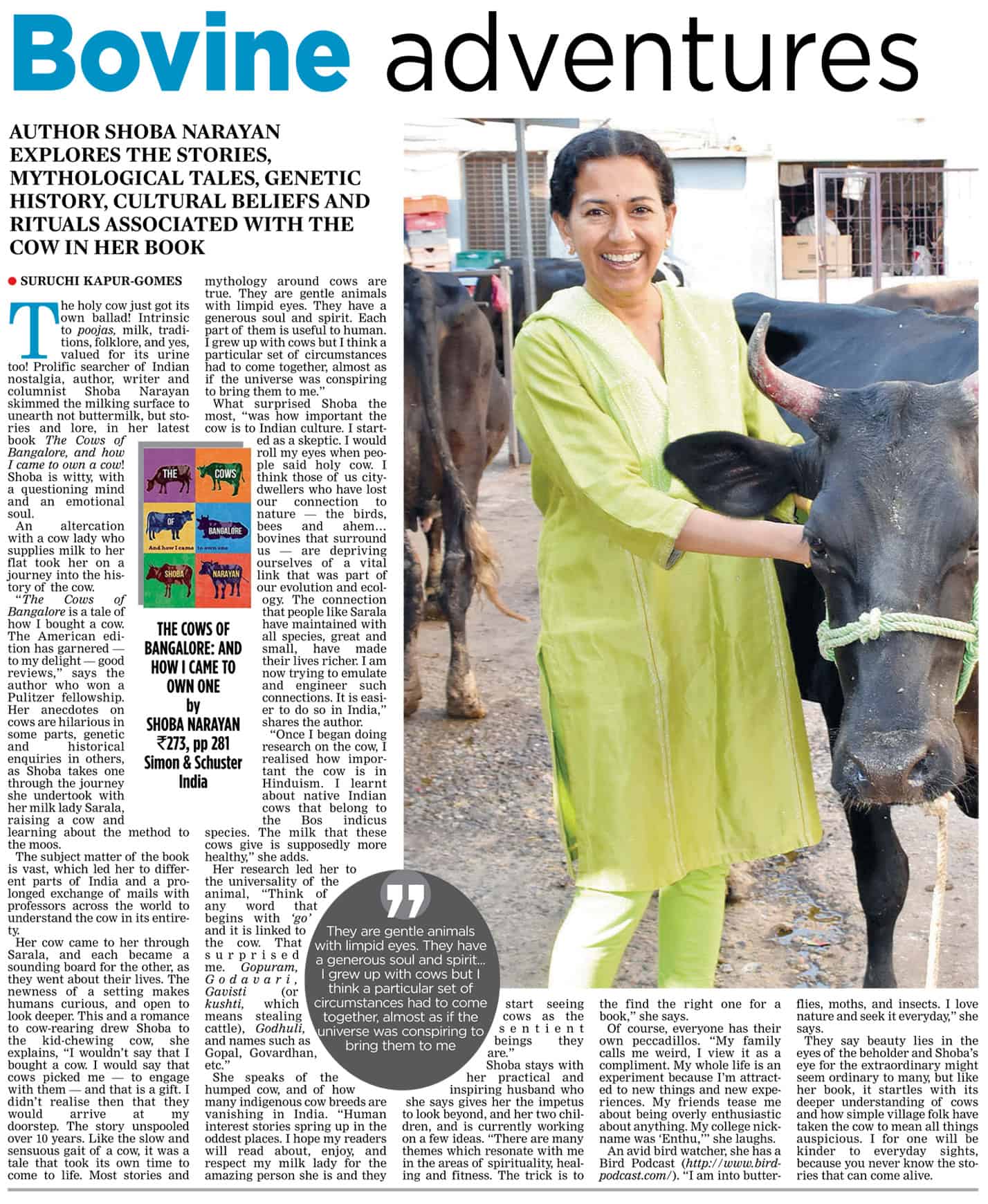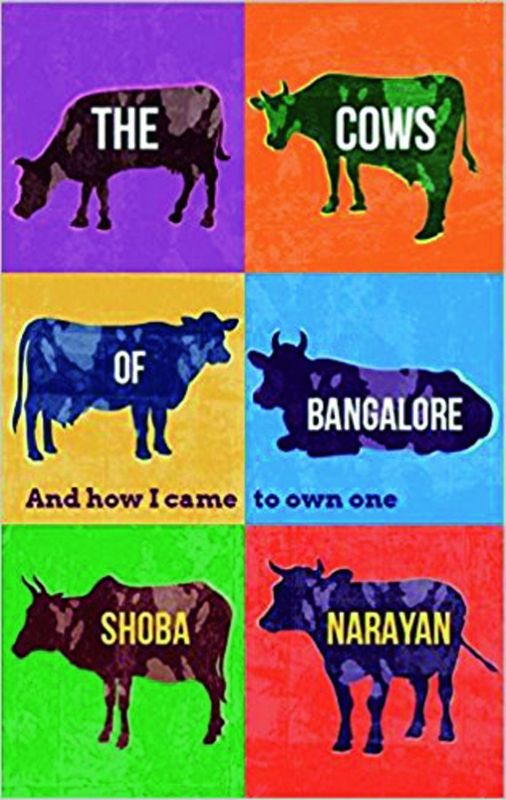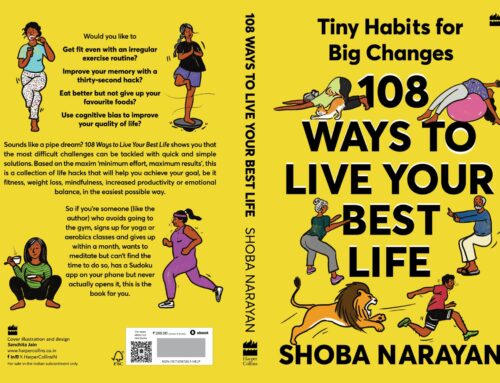DECCAN CHRONICLE. | SURUCHI KAPUR GOMES
The holy cow just got its own ballad! Intrinsic to poojas, milk, traditions, folklore, and yes, valued for its urine too! Prolific searcher of Indian nostalgia, author, writer and columnist Shoba Narayan skimmed the milking surface to unearth not buttermilk, but stories and lore, in her latest book The Cows of Bangalore, and how I came to own a cow! Shoba is witty, with a questioning mind and an emotional soul. An altercation with a cow lady who supplies milk to her flat took her on a journey into the history of the cow. “The Cows of Bangalore is a tale of how I bought a cow. The American edition has garnered — to my delight — good reviews,” says the author who won a Pulitzer fellowship. Her anecdotes on cows are hilarious in some parts, genetic and historical enquiries in others, as Shoba takes one through the journey she undertook with her milk lady Sarala, raising a cow and learning about the method to the moos.
The subject matter of the book is vast, which led her to different parts of India and a prolonged exchange of mails with professors across the world to understand the cow in its entirety. Her cow came to her through Sarala, and each became a sounding board for the other, as they went about their lives. The newness of a setting makes humans curious, and open to look deeper. This and a romance to cow-rearing drew Shoba to the kid-chewing cow, she explains, “I wouldn’t say that I bought a cow. I would say that cows picked me — to engage with them — and that is a gift. I didn’t realise then that they would arrive at my doorstep. The story unspooled over 10 years. Like the slow and sensuous gait of a cow, it was a tale that took its own time to come to life. Most stories and mythology around cows are true. They are gentle animals with limpid eyes. They have a generous soul and spirit. Each part of them is useful to human. I grew up with cows but I think a particular set of circumstances had to come together, almost as if the universe was conspiring to bring them to me.”
The Cows of Bangalore: And How I Came to Own One by Shoba Narayan Rs 273, pp 281 Simon & Schuster India.
Her research led her to the universality of the animal, “Think of any word that begins with ‘go’ and it is linked to the cow. That surprised me. Gopuram, Godavari, Gavisti (or kushti, which means stealing cattle), Godhuli, and names such as Gopal, Govardhan, etc.” She speaks of the humped cow, and of how many indigenous cow breeds are vanishing in India. “Human interest stories spring up in the oddest places. I hope my readers will read about, enjoy, and respect my milk lady for the amazing person she is and they start seeing cows as the sentient beings they are.”
Shoba stays with her practical and inspiring husband who she says gives her the impetus to look beyond, and her two children, and is currently working on a few ideas. “There are many themes which resonate with me in the areas of spirituality, healing and fitness. The trick is to the find the right one for a book,” she says. Of course, everyone has their own peccadillos. “My family calls me weird, I view it as a compliment. My whole life is an experiment because I’m attracted to new things and new experiences. My friends tease me about being overly enthusiastic about anything. My college nickname was ‘Enthu,’” she laughs.
An avid bird watcher, she has a Bird Podcast (http://www.birdpodcast.com/). “I am into butterflies, moths, and insects. I love nature and seek it everyday,” she says. They say beauty lies in the eyes of the beholder and Shoba’s eye for the extraordinary might seem ordinary to many, but like her book, it startles with its deeper understanding of cows and how simple village folk have taken the cow to mean all things auspicious. I for one will be kinder to everyday sights, because you never know the stories that can come alive.






Leave A Comment